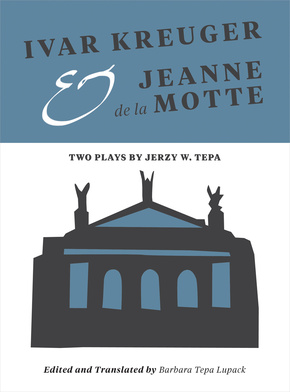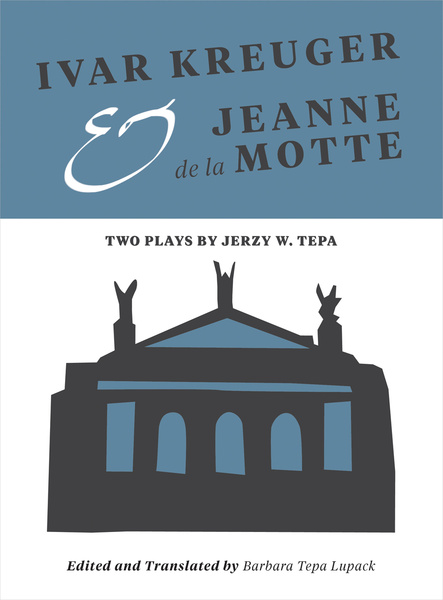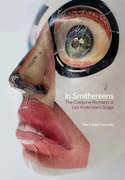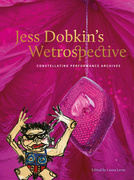Ivar Kreuger and Jeanne de la Motte (Book)
Two Plays by Jerzy W. Tepa
The 1930s were a period of triumph and turmoil in Poland, yet the decade saw the production of a number of exceptional dramatic works. Some dramatists of the period, among them Jerzy W. Tepa, are not well-known today because many of their plays were lost – or presumed to be lost – during the war years. However, the recent rediscoveries of Tepa’s Ivar Kreuger and Jeanne de la Motte allow a fascinating glimpse into a rich and vital period of Polish literary culture unfamiliar to most English readers and scholars. This book not only reintroduces Tepa and his work to new readers but also demonstrates why he was one of the leading voices of the Polish interwar era.
Edition
The 1930s were a period of triumph and turmoil in Poland, yet the decade saw the production of a number of exceptional dramatic works. Some dramatists of the period, among them Jerzy Tepa, are not well-known today because many of their plays were lost, or presumed to be lost, during the war years. However, the recent rediscoveries of Tepa’s Ivar Kreuger and Jeanne de la Motte allow a fascinating glimpse into a rich and vital period of Polish literary culture unfamiliar to most English readers and scholars. This book not only introduces Tepa and his work to new readers but also demonstrates why he was one of the leading voices of the Polish interwar era.
Barbara Tepa Lupack is author or editor of more than twenty-five books, including Richard E. Norman and Race Filmmaking, Oral Pleasure: Kosinski as Storyteller, and Fräulein Doktor by Jerzy W. Tepa. Former academic dean, professor of English, and Fulbright Professor of American Literature, she recently held the Helm Fellowship at Indiana University’s Lilly Library and the Lehman Fellowship at the Norman Rockwell Museum.
Acknowledgments
Introduction
Ivar Kreuger: A Film-Play in Three Acts with Seventeen Parts
Jeanne de la Motte: A Play in Six Tableaux and Three Entr’actes
Epilogue




















